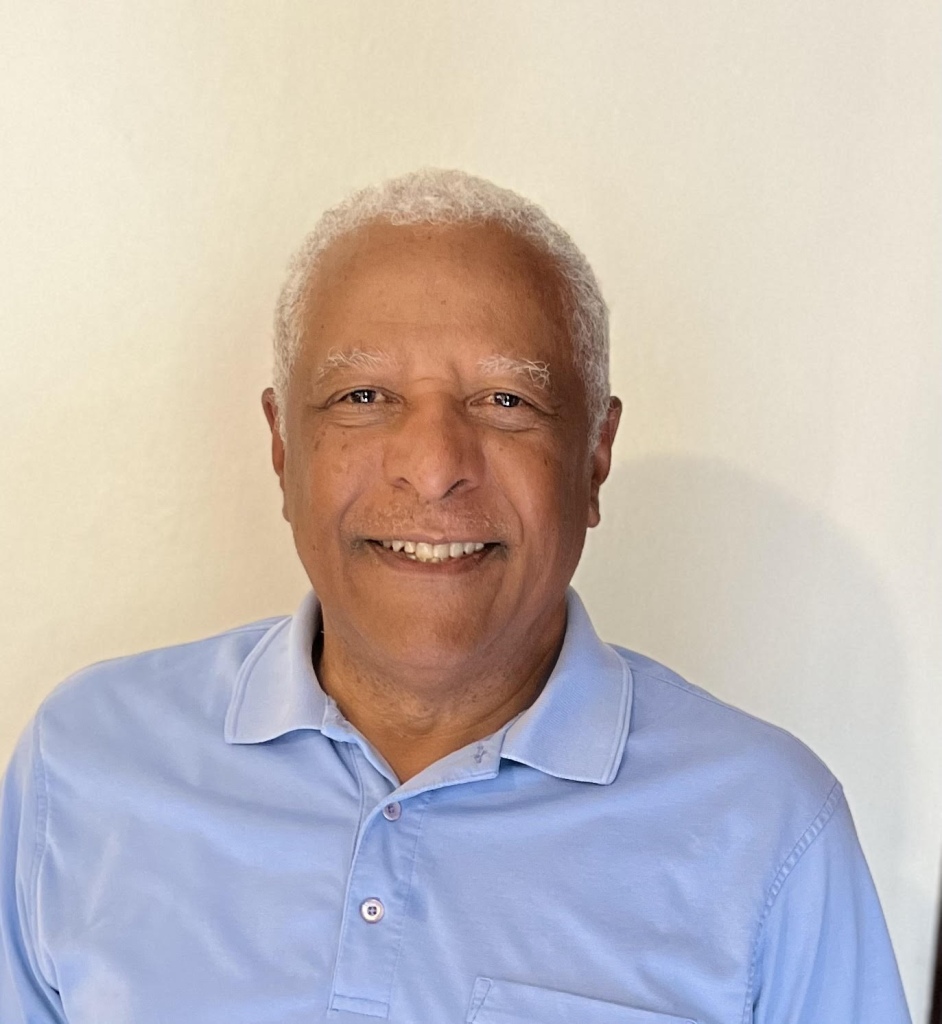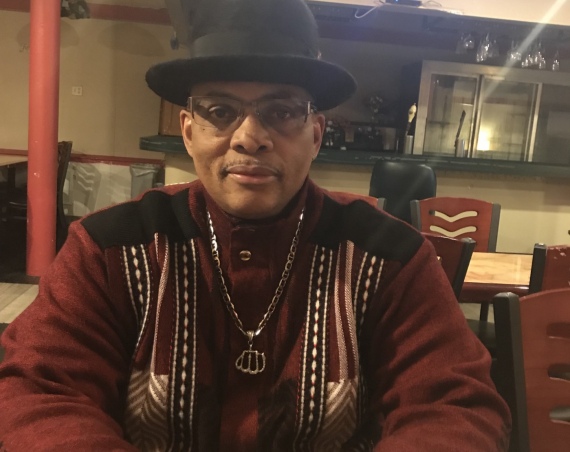
In the 1970s, State University of New York at Oneonta student Pedro Rodriguez stepped foot in Philadelphia for the first time for a protest organized by Puerto Rican activists.
Little did he know, he would spend most of his adult life there, continuing his work in activism.
Pedro Rodriguez has called Germantown home for 15 years, but he was originally born in the Dominican Republic and raised in New York City.
In the 1990s, he moved to Kensington, where he worked for Kensington Joint Action Council as a community organizer and an Associate Editor for the now-defunct bilingual newspaper Community Focus/Enfoque Comunal.
Rodriguez worked with Latino youth at the height of the drug epidemic, pursuing anti-drug efforts, educating folks about what he felt harmed community members, and empowering those in the community to become organizers.
The Kensington Joint Action Council, another initiative centered on housing issues, advocated for properties deserted from the deindustrialization crisis in the 1970s to be converted into affordable housing.
“Many of those families that occupied those houses had left town, moved someplace else,” Rodriguez said. “And the houses were just rotting and being neglected, damaging neighborhoods and so on. So a campaign was to move families looking for housing to those abandoned places.”
Rodriguez said they worked to obtain funding for the housing initiative to make repairs and create land trusts that can lead to homeownership opportunities in Kensington. The initiative assisted over 1,000; most got a deed to their homes.
He also said that because of the Kensington Joint Action Council’s efforts, “the 311 response rate went from three hours to three minutes,” and people organized to clear drug activity from the community parks and streets.
Later, he became the executive director of the Action Alliance for Senior Citizens and then a public administrator for the mayor’s office. He worked as the Assistant Director of the Philadelphia Empowerment Zones under Mayor Rendell, where he helped support the city’s economic development, giving grants to businesses in economically distressed communities.
Under the Kenney administration, he was the Office of Human Resources Director, collaborating with city departments, agencies, boards, and commissions to build the city’s workforce.
He was eventually appointed Director of Partnerships for Philly Counts 2020, a city initiative encouraging people to complete the United States census.
Every ten years, the census counts the number of US residents regardless of citizenship status. The census count determines how many seats each state will get in the House of Representatives and how much federal funds are allocated to state and local governments.
At this time, misinformation was circulating that the census would ask for your US citizenship status. This was especially concerning for undocumented residents. However, Rodriguez’s campaign aimed to give people factual information about the census, including debunking the myth that the census asks about citizenship status.
“This federal aid is attached to the total population count, and that gets transportation, money to fix potholes, stuff like education, money. And whatever number comes from that decennial census, you get stuck with that number for the next ten years. So it’s really important for communities, municipalities to have a real count on the population, so you can maximize the resources that come into your community.”
He says his campaign resulted in a 77,000 population increase compared to the 2010 census, an outcome he said he was proud of.
Rodriguez said he ran Philly Counts like a political campaign. Volunteers went door to door, distributed literature, called phone banks, and hosted events. He said this facilitated a civic infrastructure between the community and government that allowed them to educate people about health resources related to the pandemic and COVID vaccinations.
After the Philly Counts campaign ended, Rodriguez entered retirement. Since then, he has volunteered as a Trustee for Germantown Relief Society, a nonprofit that gives out grants to social service organizations supporting Germantown, where he helps oversee the grant review process.
He serves as the board president of G-Town Radio. He was recruited to join the board two and a half years ago.
Rodriguez sees the organization as “a vehicle for community engagement.”
He explains: “The Germantown community and Northwest community struggles to provide a better quality of life for its residents and civically engaged people, so they participate in community activities [as a part of G-Town Radio], they participate in elections, they participate in economic life.”
One of the most important projects he said he’s worked on is the debate for the 8th City Council District candidates.
He talks about how he thinks that there needs to be a multiracial coalition among organizers, like how it was when he organized in the 1990s, citing the multiracial coalition that made up the Kensington Joint Action Council.
“And then sometimes you see people speaking on behalf of a movement, and it’s all white … you have enough diversity and enough people with the skills and the leadership abilities to be
also talking about those issues.”
Rodriguez says Latinos working in public administration should not be restricted to only working on Latino issues.
“That’s why I always have rejected the idea when I worked in government that I was going to be pigeonholed into doing just Latino stuff,” he says.” Because I wanted to show the rest of the people who live in Philadelphia and Latinos are capable and skillful to manage other things to talk about water system, transportation system, the budget.”
He says that Latino-led community organizations focus more on providing social services than conducting grassroots organizing. He points out how the Latino community in Philadelphia needs to learn how to unite and organize beyond the issue of immigration.
“We have a huge problem with affordable housing in the city of Philadelphia. We have a question of really deep-rooted underemployment in our community, long-term unemployment, lack of training for the jobs of the 21st century, in our community, we have the question of violence.”
Rodriguez cites United Voices, a Philadelphia-based multiethnic civic group, an organization that Latinos can model organizing after that does not limit itself to a single issue.
Rodriguez says he wants to see the younger organizers step forward and organize a multiracial grassroots coalition that changes public policies.
He uses affordable housing as an example: “I do not believe that one community organization can do that alone. This is a government problem. Our job is to pressure the government to make that happen to solve that problem.”
As Rodriguez continued his activism in his retirement era, he says he does not have the stereotypical lifestyle of a senior citizen. But he’s learned how to create a balance he couldn’t have while working full time.
“If I roll out of bed and I don’t feel well, I can postpone a meeting for another time. While, before [retirement], I was obligated to show up,” he said. “When you are in a good emotional and physical state when you go to a meeting, you’re more alert. You can contribute better.”
When he can, he also enjoys spending time with his family. Although he does not see his two children often, he feels he instilled a “sense of social justice” in them.
“When they were kids, I took them to rallies, pick up lines, lobbying sessions, so they were exposed to all of that,” he says. “We did a good job of showing them how to view the world.”



